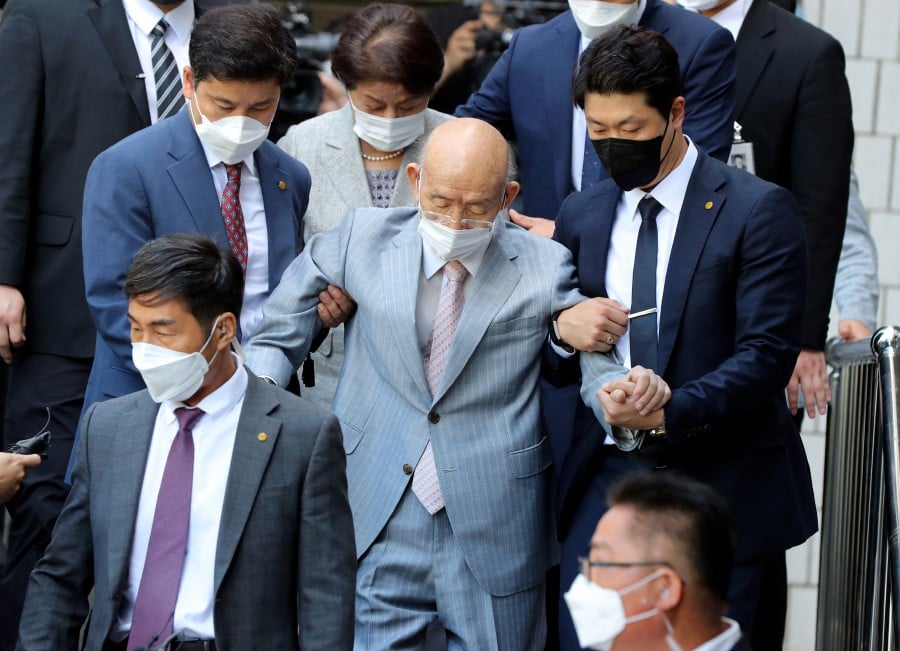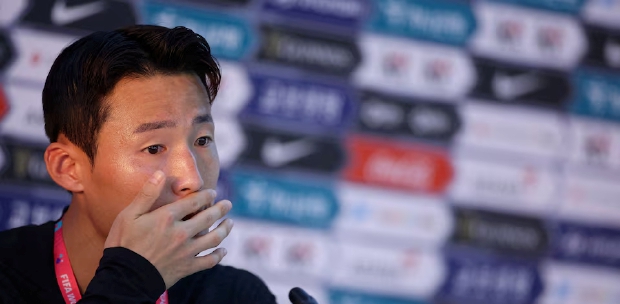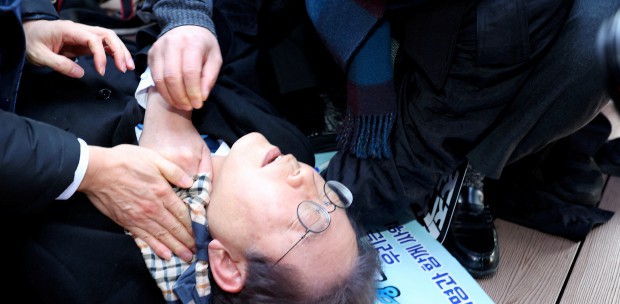SEOUL: South Korean ex-dictator Chun Doo-hwan, who brutally crushed opponents until mass demonstrations forced him out, died on Tuesday, according to media reports.
Chun died at his home in Seoul, South Korea's Yonhap news agency reported. He was 90.
He oversaw the country's economic rise and secured the 1988 Olympics for Seoul. He was the first South Korean president to hand over power peacefully.
Chun was a general who took power in a coup after the 1979 assassination of strongman Park Chung-hee.
He served as president from 1980 to 1988, ruling with an iron fist and brutally crushing his opponents.
Chun remains among South Korea's most reviled figures.
He is known as the "Butcher of Gwangju" for ordering his troops to put down an uprising against his rule in the southwestern city.
In 1996, he was convicted of treason and condemned to death, in part over what happened at Gwangju, but his execution was commuted on appeal and he was released following a presidential pardon.
The official toll for the dead or missing at Gwangju is around 200 people, but activists say it may have been three times as high.
Chun and far-right politicians in South Korea dismissed it as a "riot." The former dictator denied any direct involvement in the suppression of the uprising.
During his rule, he also survived an assassination attempt.
On a state visit to Myanmar in 1983, North Korean agents tried to kill him by bombing a memorial ceremony.
Chun had been mired in court battles until his death.
He was found guilty of defamation last year in connection with the Gwangju uprising. - AFP





